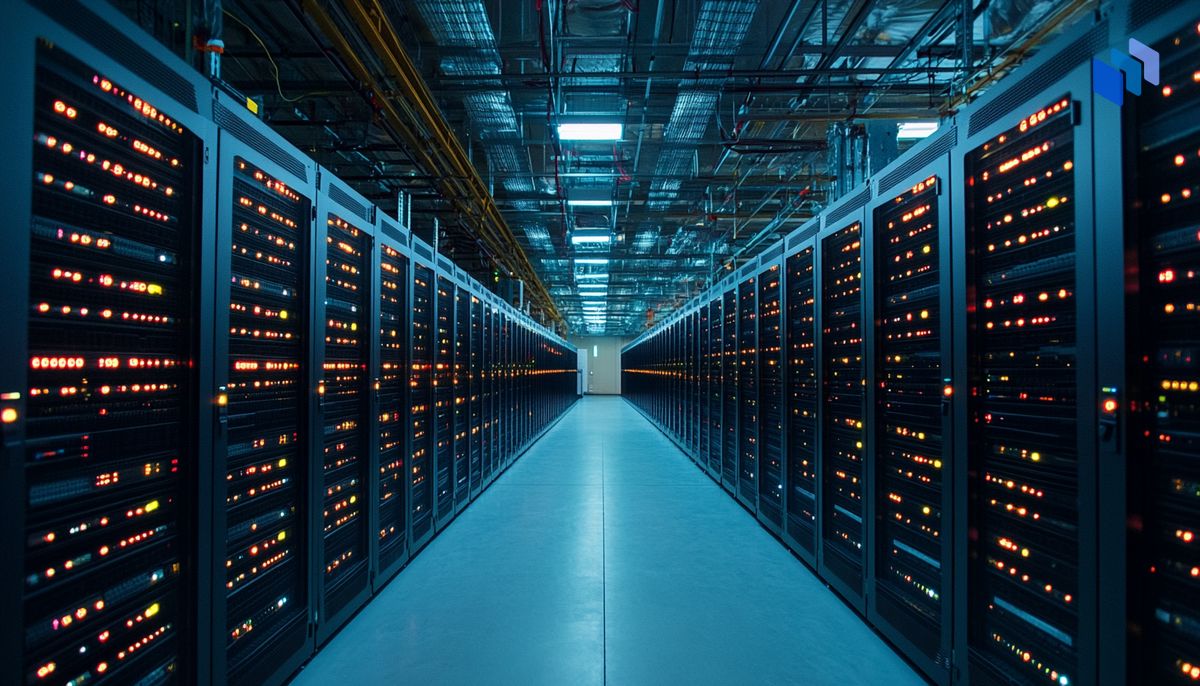Decentralized Infrastructure Networks: A Game Changer for AI Development

The data center industry is currently facing significant challenges in meeting the immense computing power requirements of artificial intelligence (AI), particularly for training large language models (LLMs). According to Bain & Company, advanced AI models necessitate thousands of graphics processing units (GPUs) during the pre-training phase, which in turn demands highly sophisticated data center architectures. Presently, major cloud service providers operate hyperscale data centers with capacities ranging from 50 to 200 megawatts, costing between $1 billion to $4 billion. However, projections indicate that by the end of the decade, these capacities will need to scale up to over 1 gigawatt, with costs soaring to between $10 billion and $25 billion. This situation is compounded by the dominance of tech giants like Alphabet, Microsoft, Amazon Web Services (AWS), and Alibaba, which limits opportunities for smaller competitors to build comparable infrastructures.
To address these challenges, decentralized physical infrastructure networks (DePIN) have emerged as a potential solution. DePIN aggregates small-scale computing resources, democratizing access to AI infrastructure and reducing reliance on major tech companies. By utilizing blockchain technology, tokenization, and decentralized governance, DePIN incentivizes participation from individuals and organizations, enabling them to contribute physical resources such as data storage, energy generation, and computing power. This decentralized approach not only enhances transparency and security but also allows for real-time data processing through edge AI, which deploys AI algorithms directly on devices at the network’s edge, thereby alleviating the burden on centralized cloud networks.
Looking ahead to 2025, DePIN is poised to fundamentally transform the AI landscape. Experts predict a massive scaling of decentralized compute networks, shifting AI model training from centralized supercomputing clusters to distributed networks powered by DePIN. Additionally, tokenized incentives will encourage broader participation in AI development, allowing smaller players to monetize their resources while contributing to global innovation. Furthermore, the decentralized nature of DePIN enhances security and privacy, addressing vulnerabilities associated with centralized infrastructures. As DePIN matures, it is expected to facilitate groundbreaking applications across various sectors, including healthcare and energy management, while ensuring that AI infrastructure remains accessible to startups and researchers, thus fostering a more equitable technological ecosystem.
Related News





